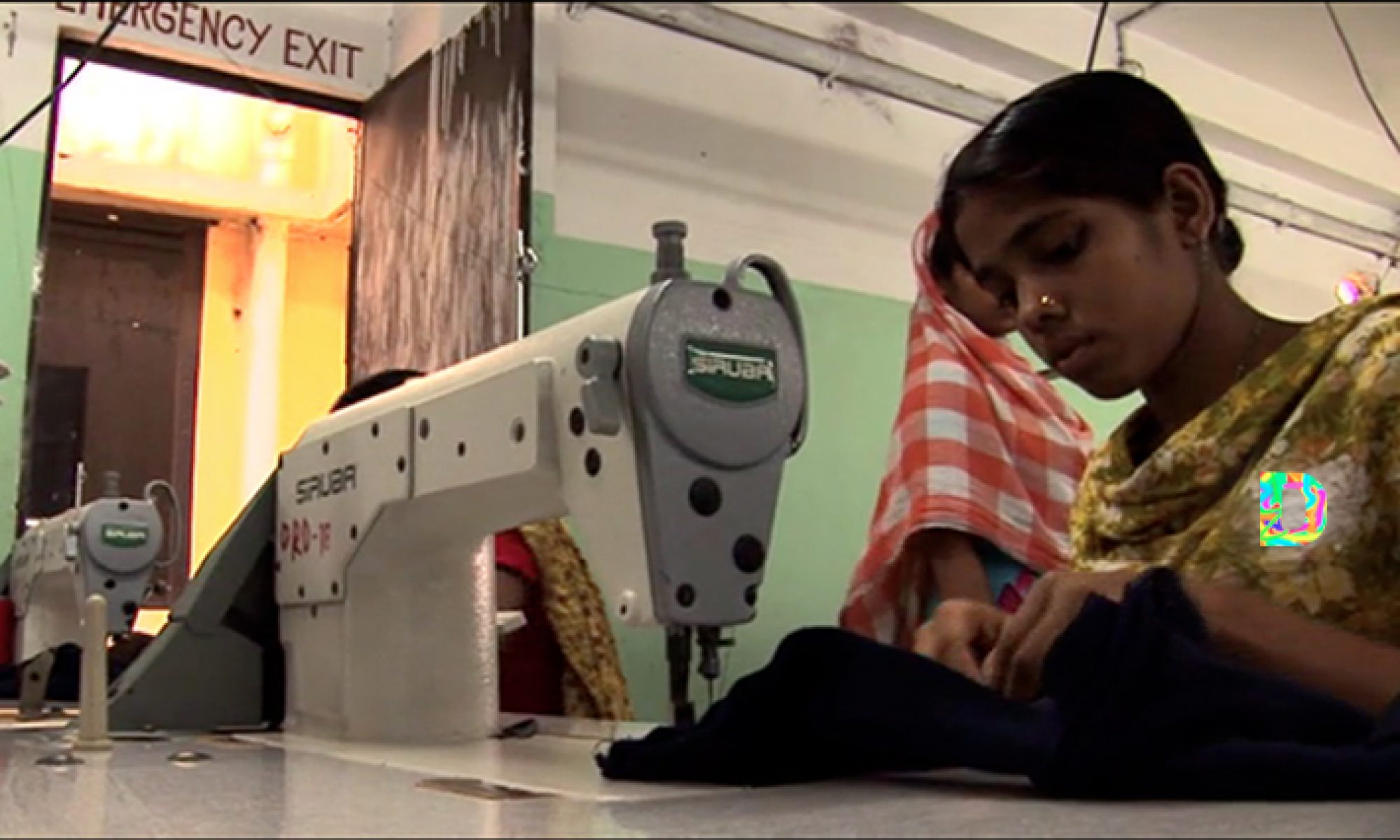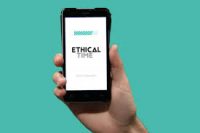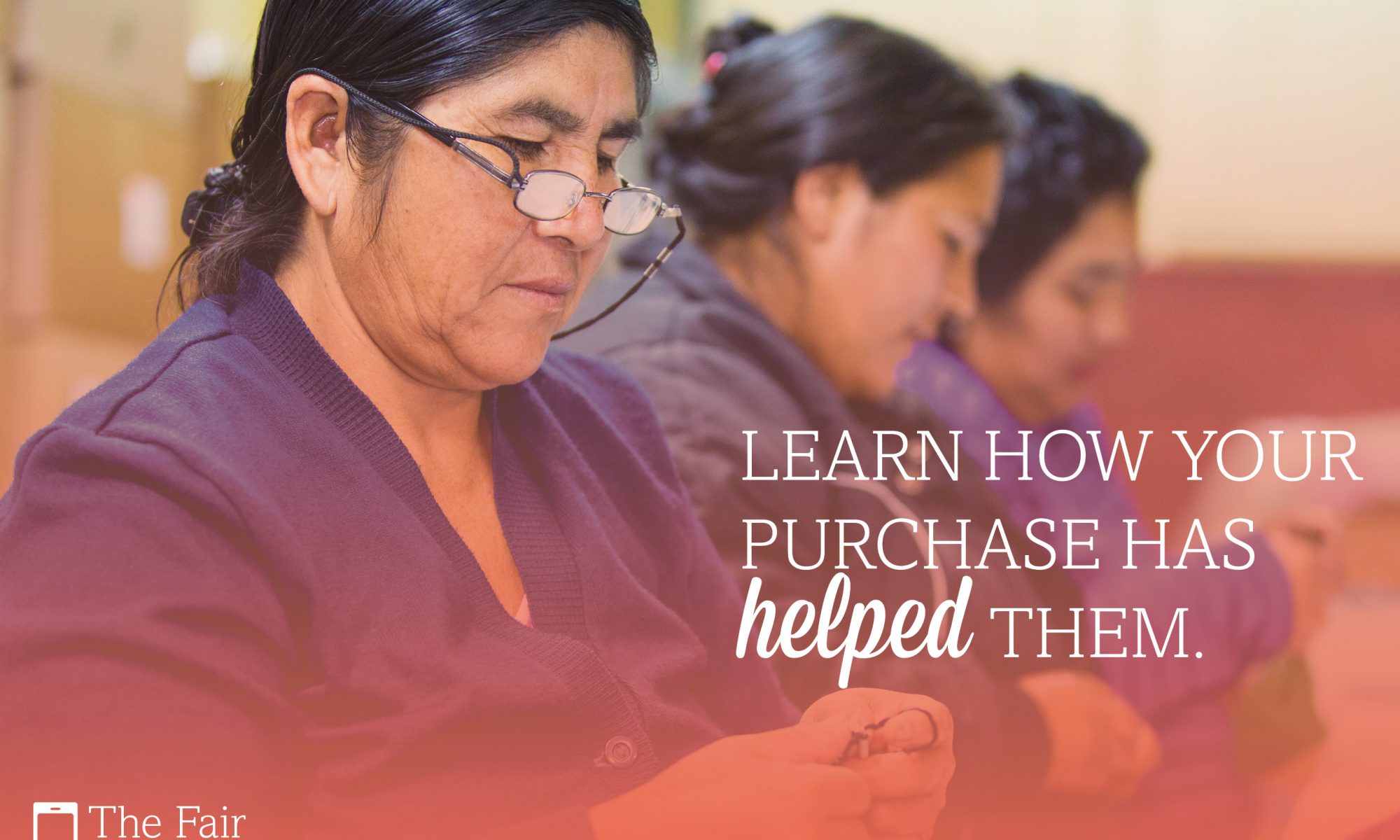OUR STORY
When you wear People Tree, you look good and feel good knowing your unique garment was made with respect for people and the planet.
A SIMPLE IDEA
People Tree is recognised by customers and the fashion industry as a pioneer in ethical and environmentally sustainable fashion. For over 25 years, People Tree has partnered with Fair Trade producers, garment workers, artisans and farmers in the developing world to produce ethical and eco fashion collections. Fair Trade is about creating a new way of doing business; creating access to markets and opportunities for people who live in the developing world.
WE’RE PROUD TO BE DIFFERENT
When you shop with People Tree, you can trust that your goods were made ethically and sustainably.
People Tree is a different kind of fashion business giving customers an alternative to fast fashion. The fast fashion industry is fueled by insatiable demand for cheap clothing and accessories. Fast fashion has a devastating impact, from sweatshops and child labour to pollution and global warming. Slow Fashion means standing up against exploitation, family separation, slum cities and pollution – all the things that make fast fashion so successful.
We make beautiful garments that are a living blueprint for our values: people and the planet are central to everything we do. Our garments are made with organic cotton and sustainable materials, using traditional skills that support rural communities.
FAIR TRADE FASHION
In the past, ethical, Fair Trade, organic and sustainable were not words people thought of as fashionable. People Tree has transformed ethical fashion into something contemporary, accessible, and desirable. We design and produce high quality, fashionable products for women and men as well as collaborating with leading designers to produce unique collections.
While many fashion brands talk about ‘corporate social responsibility’ or ‘ethical fashion’, we go further. We follow the principles of Fair Trade in every aspect of our business. All of our products are made by artisans and producers who work to Fair Trade standards. People Tree has been a pilot case for certification for Fair Trade Manufacture under the World Fair Trade Organisation and we were the world’s first clothing company to receive the World Fair Trade Organisation Fair Trade product mark in 2013.
Fair Trade makes a powerful difference. People Tree is helping to alleviate poverty in the world’s most marginalised communities.
SUSTAINABLE FASHION
People Tree developed the first integrated supply chain for organic cotton from farm to final product and we were the first organisation anywhere to achieve GOTS (Global Organic Textile Standard) certification on a supply chain entirely in the developing world.
We also work hard to ensure that we pioneer sustainable methods of production to minimise environmental impact. Not only is the majority of our cotton certified organic and Fairtrade, all our clothes are dyed using safe and azo-free dyes. We source as many products as we can locally, choosing natural and recycled products over synthetic and non-biodegradable materials. We ship as many of our products as we can by sea, instead of air, and weave fabric by hand, reducing our impact on global warming.
http://www.peopletree.co.uk/about-us/mission





